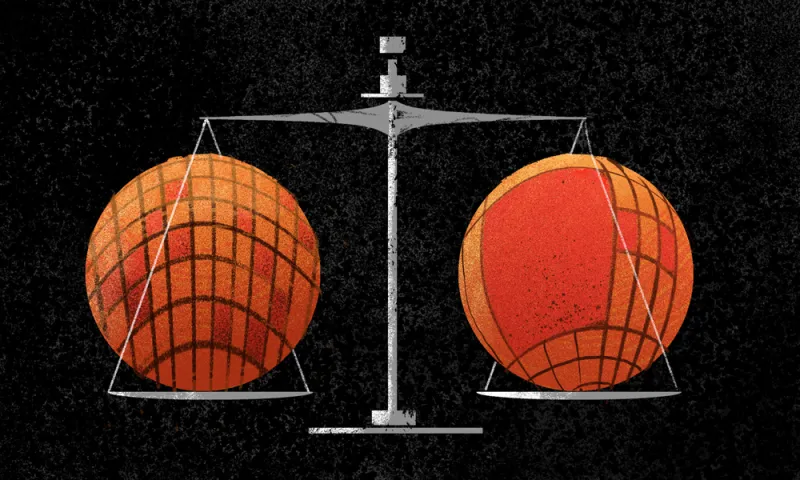Activist campaigns by hedge fund managers ultimately have no effect on investor portfolios, according to a new Stanford University working paper.
The paper, which examined the effects of hedge fund activism on shareholder value and company operations, concluded that the long-term impact of activism on investor returns was “insignificantly different from zero.” In addition, authors Ed deHaan of the University of Washington, Stanford’s David Larcker, and Charles McClure of the University of Chicago found no evidence of improved operating performance at companies targeted by activist hedge funds.
“Our findings do not strongly support arguments that activist interventions drive long-term wealth for the average investor,” the authors wrote. “At the same time, we find no evidence that activist interventions destroy value.”
[II Deep Dive: Does Hedge Fund Activism Pay Off?]
Their study was based on 1,964 activist interventions that occurred between 1994 and 2011. The targeted companies were value-weighted to gauge the overall effect of activism on shareholder wealth, with large firms weighted heavier than small firms.
On this value-weighted basis, average returns for the two years after an activist intervention were not meaningfully different than if there had been no hedge fund activism. There was a short-term performance bump during the 21-day window surrounding the intervention, when companies delivered excess returns of 2.4 percent — but these excess returns disappeared over the longer term.
Even common demands made by hedge fund activists, such as replacing the CEO or electing new board members, tended to result in “neutral to negative abnormal long-term returns.”
Only very small firms were shown to have significantly changed performance in the wake of hedge fund activism. At the end of two years, the smallest 20 percent of companies analyzed in the study had delivered equal-weighted average excess returns of 36 percent.
Beyond investment returns, deHaan, Larcker, and McClure also examined the effects of hedge fund activism on operations, using measures of accounting performance such as profit margins and return on equity as well as examining post-activism investments in advertising and research and development. These tests, too, uncovered no evidence that activists made an impact — for better or worse.







